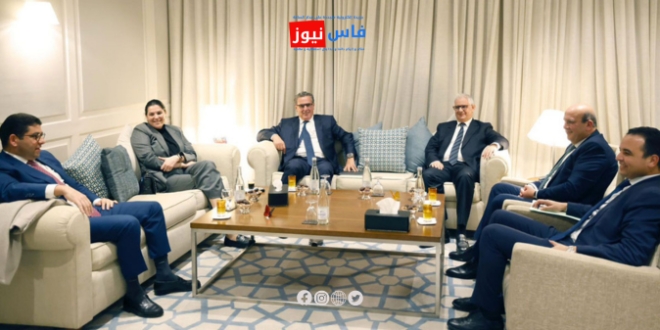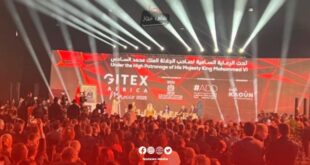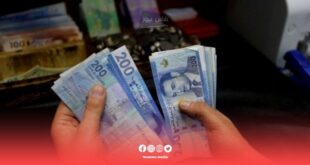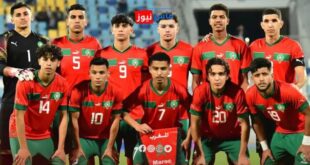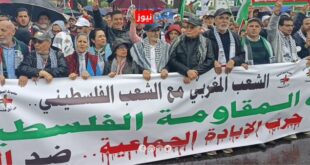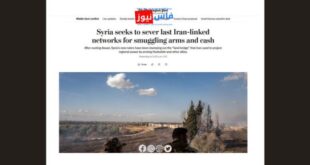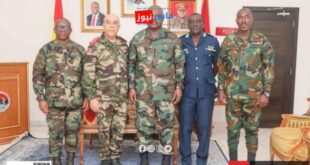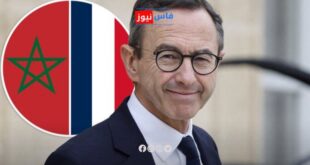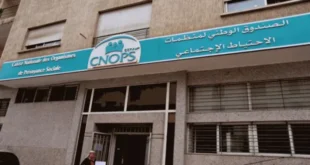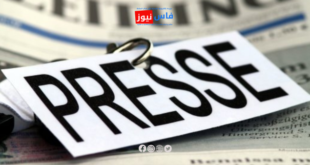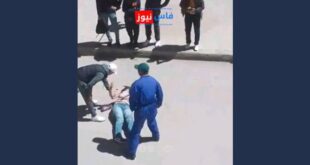Divisions resurface within the Moroccan governmental majority, as the issue of who should be credited for the completion of the connection project between the Oued El Makhazine and Dar Khroufa dams in the city of Larache, which aims to provide potable water to the city of Tangier and other northern cities, has sparked widespread controversy between the Istiqlal Party and the National Rally of Independents (RNI), two key components of the government coalition.
While it was believed that the meeting of the governmental majority parties on January 29 had eased the differences within the coalition, statements by the Minister of Agriculture, Fisheries, Rural Development, Water and Forests, Ahmed Ab ভারী, on Tuesday in the House of Representatives, reignited tensions within the majority.
In the details of the dispute, the Minister of Equipment and Water, Nizar Baraka, confirmed last week during a parliamentary session that his ministry is working in cooperation with the Ministry of Agriculture on the dam connection project. However, Minister Ab ভারী, who belongs to the National Rally of Independents party, attributed full credit for the completion of the project to his ministry, without mentioning the role of the Ministry of Equipment and Water.
Who gets the credit for the project completion?
While the Secretary-General of the Istiqlal Party affirmed that the final works of the project are still ongoing, Minister Ab ভারী announced that the water connection works in the north have been completed, stressing that the project was fully implemented by his ministry. He added during the House of Representatives session dedicated to discussing the report of the Court of Auditors that his ministry “took the initiative, in coordination with other parties, to implement projects to connect water basins, especially the urgent phase of the project to connect the Sebou basin and the Oued Abi Regrag.” He also confirmed that “the connection works between the Oued El Makhazine and Dar Khroufa dams, over a distance of 41 kilometers, have been completed.”
For his part, the Minister of Equipment and Water, Nizar Baraka, maintained a diplomatic tone, but the postponement of his scheduled visit on December 25 to the project site raised questions about the relationship of this delay to the isolation of the Istiqlal Party ministers in parliament during the monthly question session on January 27.
Postponed election race?
In an attempt to contain the controversy, the parliamentary group of the Istiqlal Party submitted an urgent request to ask an oral question addressed to Nizar Baraka, which allowed the minister to present the achievements of his ministry in water connection projects. The government spokesperson, Mustafa Baytas, confirmed that Minister Baraka will supervise the launch of the project as soon as the water pipe tests are completed.
These developments show that the tensions within the governmental majority have not completely subsided, despite the meeting of the party leaders on January 29. Sources within the government coalition revealed an initial agreement between the majority parties, including the Istiqlal, the National Rally of Independents, and the Authenticity and Modernity Party, to halt the election race until the end of 2025, in order to avoid the collapse of the coalition a year and a half before the legislative elections scheduled for 2026.
 فاس نيوز ميديا جريدة الكترونية جهوية تعنى بشؤون و أخبار جهة فاس مكناس – متجددة على مدار الساعة
فاس نيوز ميديا جريدة الكترونية جهوية تعنى بشؤون و أخبار جهة فاس مكناس – متجددة على مدار الساعة

